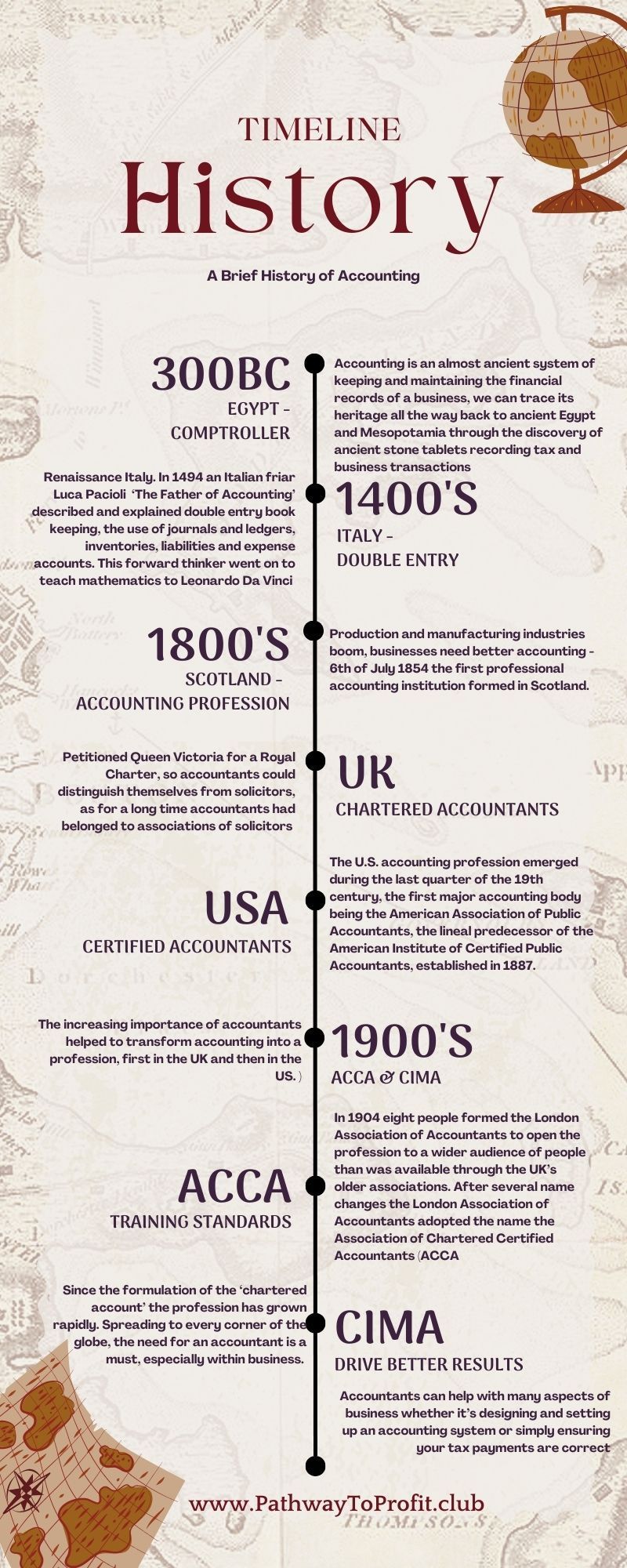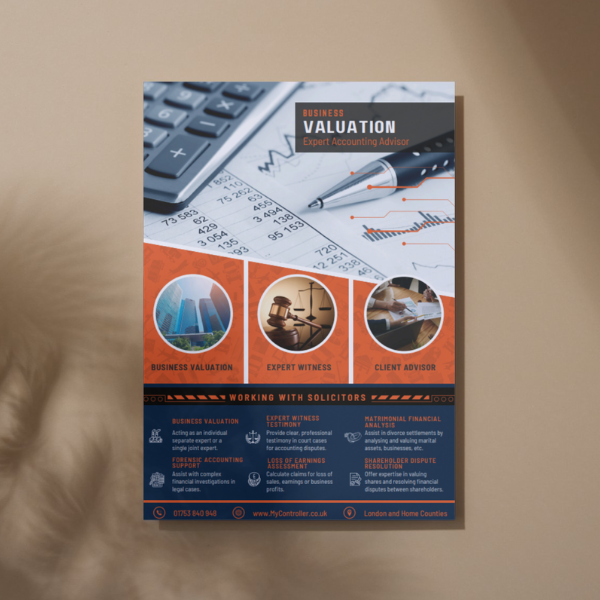The Fascinating History of Accounting

Accounting, often referred to as the "language of business," has a rich and storied history that dates back thousands of years. From ancient civilisations to the modern digital age, accounting has evolved significantly, shaping economies and societies. Let's take a journey through the history of accounting and see how it has developed over time.
Ancient Beginnings
Mesopotamia
The earliest records of accounting can be traced back to ancient Mesopotamia, around 7,000 years ago. The Sumerians used clay tablets to keep track of goods such as grain and livestock. These records were essential for managing large agricultural economies and facilitated trade and taxation.
Ancient Egypt and Greece
In ancient Egypt, scribes used papyrus scrolls to document the distribution of goods and services. Meanwhile, the ancient Greeks developed more sophisticated accounting methods, including the use of audits to prevent fraud and ensure accuracy in financial records.
The Roman Empire
The Romans further advanced accounting practices by developing detailed financial systems to manage their vast empire. They used a form of bookkeeping called "adversaria," where transactions were recorded in journals. Roman administrators meticulously documented taxes, military expenditures, and public projects, setting a foundation for modern accounting principles.
The Medieval Period
During the medieval period, accounting practices began to spread across Europe. The introduction of double-entry bookkeeping in the late 13th century marked a significant milestone in accounting history. This method, often credited to the Italian mathematician Luca Pacioli, involved recording each transaction in two accounts: a debit and a credit. Pacioli's work, "Summa de Arithmetica," published in 1494, laid the groundwork for modern accounting practices.
The Renaissance and Enlightenment
The Renaissance period saw a flourishing of trade and commerce, leading to increased complexity in financial transactions. Merchants and bankers in Italian city-states like Venice and Florence adopted double-entry bookkeeping, which helped manage their growing businesses more effectively.
During the Enlightenment, the Industrial Revolution brought about significant economic changes. Businesses expanded, and the need for more sophisticated accounting methods grew. The development of joint-stock companies and the rise of capital markets necessitated accurate financial reporting and auditing.
The Modern Era
The 19th and 20th centuries saw the formalization of accounting as a profession. The establishment of professional accounting bodies, such as the Institute of Chartered Accountants in England and Wales (ICAEW) in 1880, set standards for accounting practices and education.
The advent of computers revolutionized accounting in the late 20th century. Automated systems and software made it easier to record, process, and analyse financial data. The introduction of International Financial Reporting Standards (IFRS) and Generally Accepted Accounting Principles (GAAP) provided a global framework for financial reporting.
The Digital Age
In the 21st century, accounting continues to evolve with advancements in technology. Cloud-based accounting software, artificial intelligence, and blockchain technology are transforming how businesses manage their finances. These innovations offer real-time insights, enhanced accuracy, and greater transparency.
Conclusion
The history of accounting is a testament to humanity's continuous quest for efficiency, accuracy, and transparency in managing financial resources. From ancient clay tablets to cutting-edge digital tools, accounting has played a crucial role in the development of economies and societies. As we move forward, the principles of accounting will undoubtedly continue to adapt and evolve, shaping the future of business and finance.
Share:







